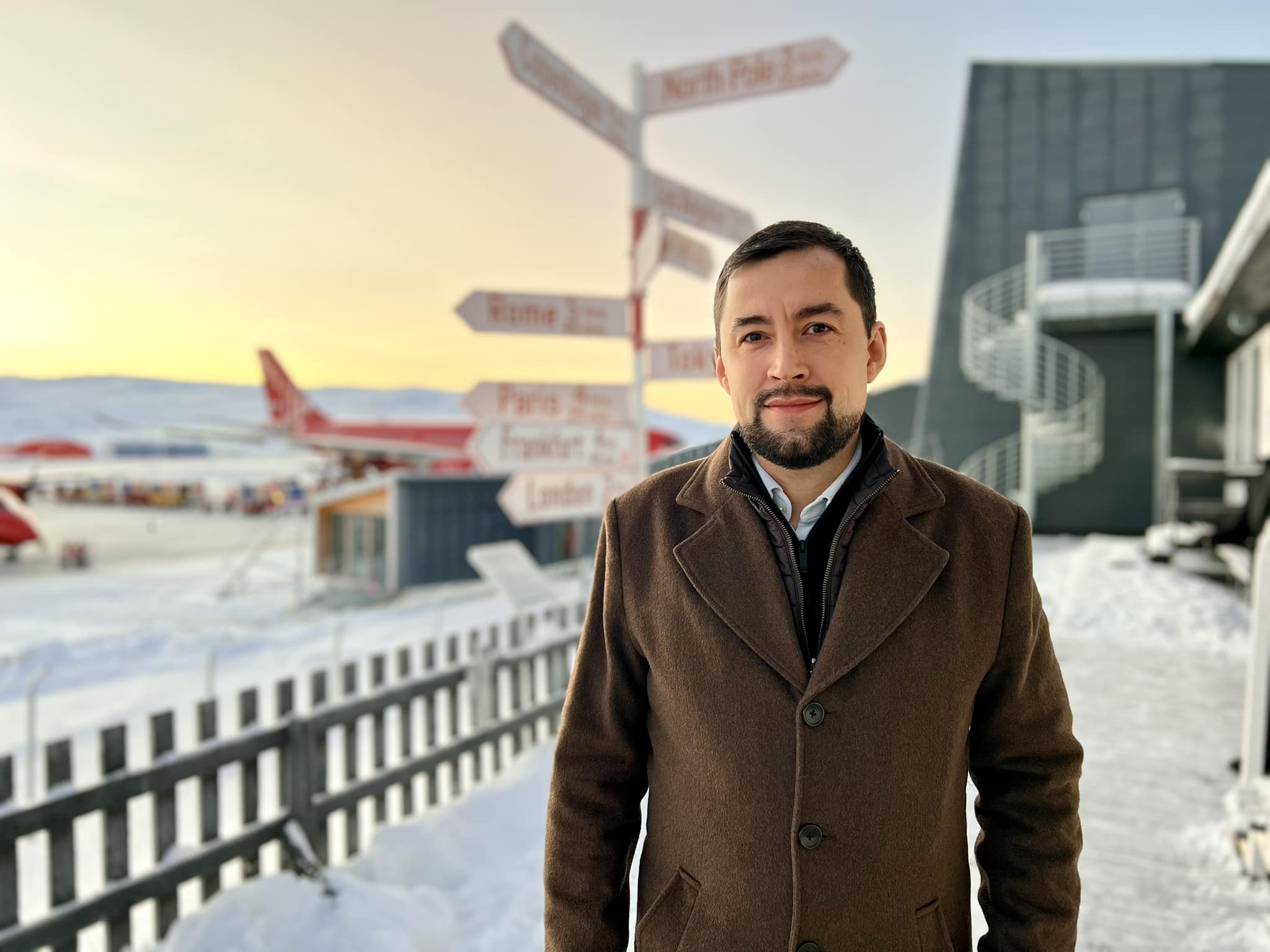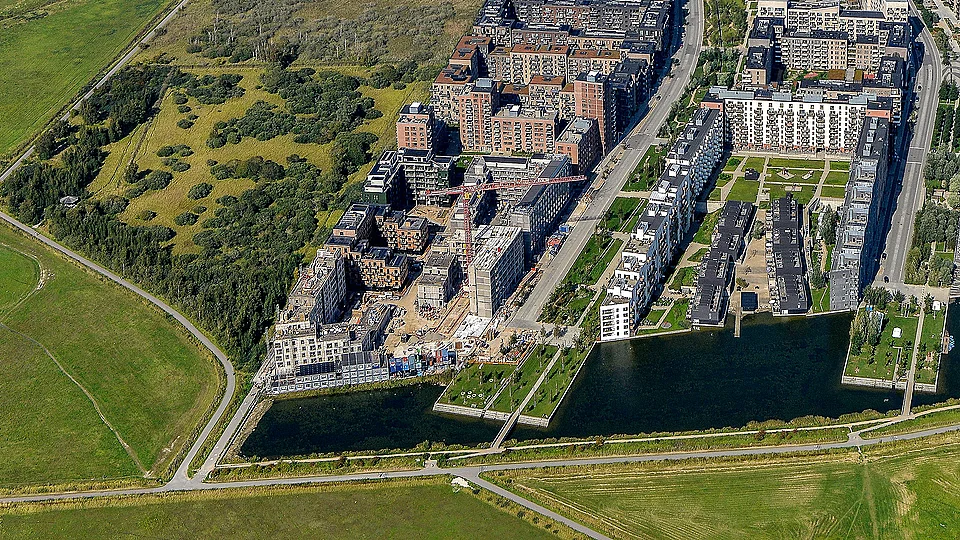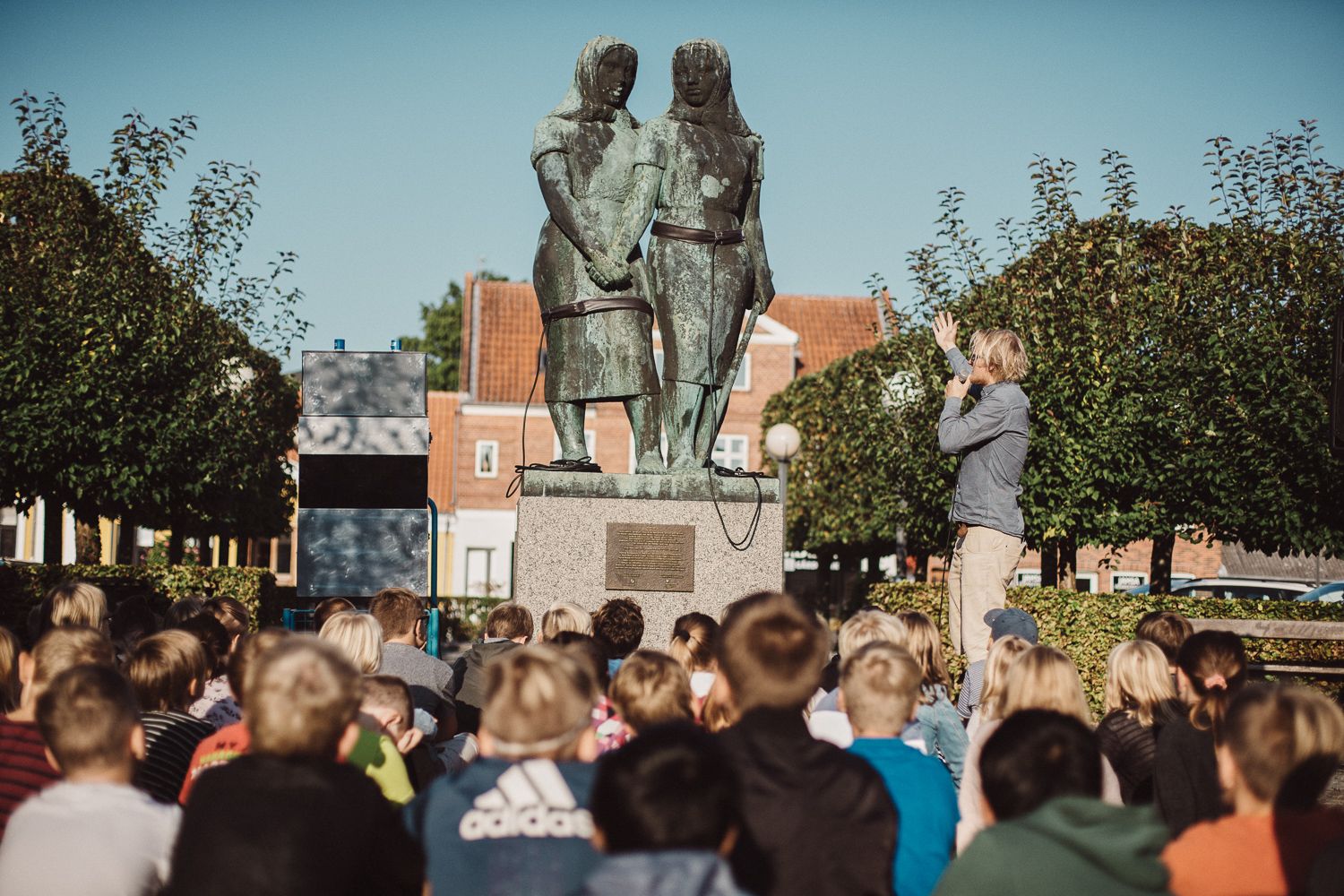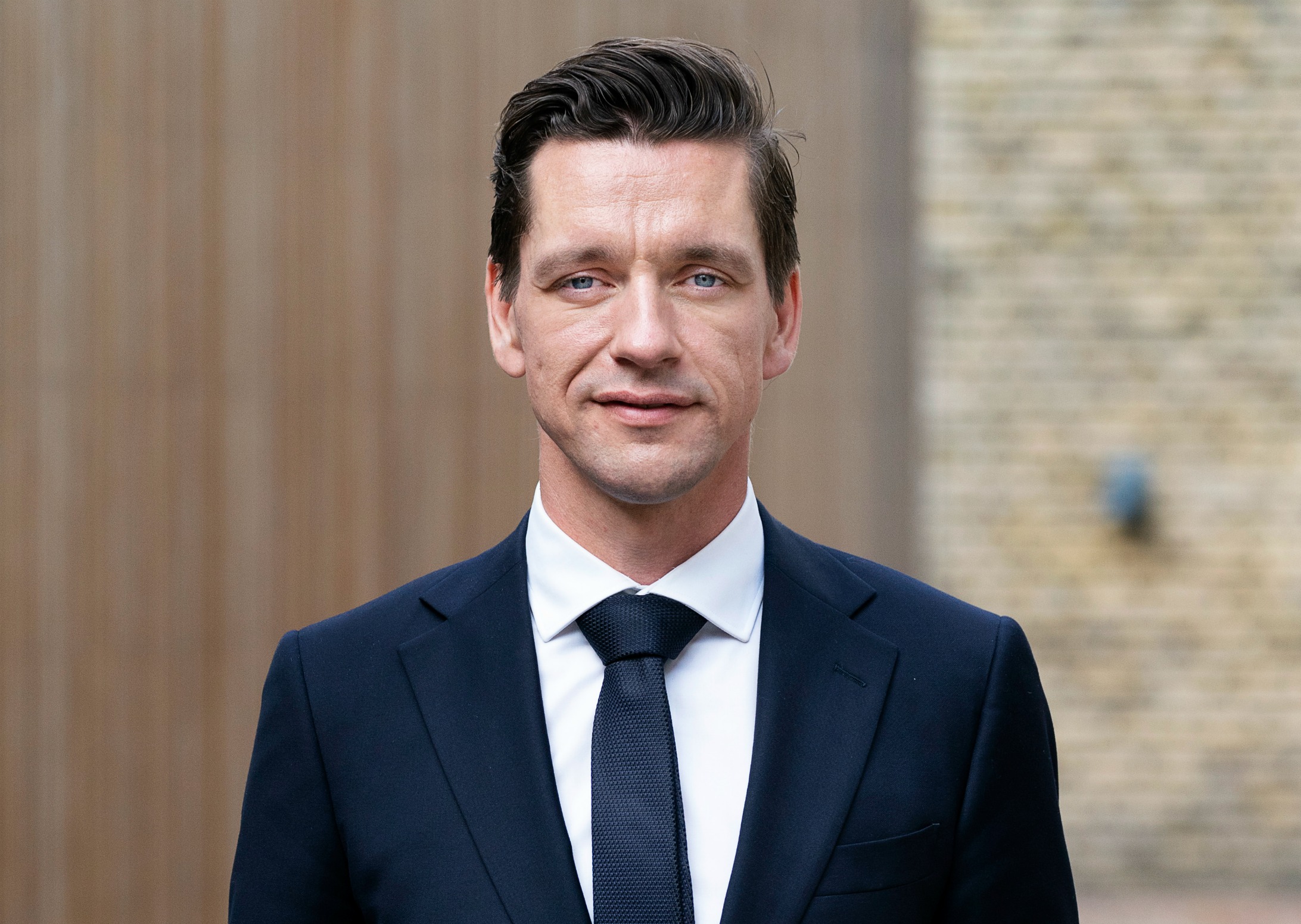The subject of religiously-slaughtered meat has filled newspaper headlines this summer, as politicians return to the debate about how far Danes should go to accommodate imported religious norms.
The focus of the media attention is meat that is slaughtered according to Islamic halal principles and that concern that Danes are either eating it without knowing it or are forced to eat it at public institutions.
In a series of articles, the tabloid Ekstra Bladet reported that almost all Danish chickens are halal (despite the same story making the rounds over two years ago), that Hvidovre Hospital has only served halal meat for the past decade and that several daycares in Greater Copenhagen have opted to stop serving pork and only serve halal meat. Ekstra Bladet's reporting even resulted in two employees of a meat retailer being assaulted for selling meat with traces of pork, a non-halal meat, to kebab shops.
The right-wing Dansk Folkeparti (DF) expressed horror at the developments and argued that it is simply another case in which Danes are forced to accept foreign norms, pointing to the recent case in which an Islamic school examiner refused to shake hands with his female students.
DF has had enough, and today their immigration spokesperson called for legislation to force public employees to conform to Danish cultural values and norms.
“If people don’t conform [to Danish practices] they should be given an official reprimand,” Martin Henriksen told public broadcaster DR. “Most people will then conform but if they don’t, and insist that their culture should be all-dominating, then the severest consequence should be that they would lose their job.”
A spokesperson for the Konservative party, Tom Behnke, sympathised with Henriksen’s suggestion.
“The limit is reached when I, as a Dane, am forced to live in a completely different way than I have up until now,” Behnke told DR. “I won’t accept that. It’s fine to be respectful of the religious beliefs of others, but I am not in favour of forcing me and my children to comply with their rules.”
The story that never dies
Looking through the online archives of Danish newspapers, it is evident that the debate about halal has returned regularly over the past decade.
The fuss is about the way in which animals are slaughtered. For meat to be halal, a prayer must be said as the animal is slaughtered by having its throat cut with a sharp knife, leading the animal to bleed to death, in a process known as exsanguination.
In Denmark, all animals are sedated before they are slaughtered. Chickens are stunned by being drawn through charged water while cattle are stunned with a bolt gun placed to the animal’s head.
While EU regulations allow for the religious slaughter of animals that aren’t stunned, animal welfare organisation Dyrenes Beskyttelse states that they don’t know of any Danish slaughterhouses which do not stun their animals.
As a result, the debate over halal has little to do with animal welfare and everything to do with whether Danes should be forced to eat meat that has been prayed over before it was killed.
Chief opposition party Venstre argues that the prayer might make all the difference in the world for consumers and are now calling for halal-slaughtered meat to be labelled – a proposal Venstre voted against in 2007 and which the current government does not support.
“I don’t really mind if meat is halal or not,” Hans Christian Schmidt (Venstre), the former agriculture minister and a member of parliament’s agriculture committee, told Jyllands-Posten newspaper. “What is important is that consumers are given as much information as possible. The government says that people can’t cope with so much labelling, but who says this is true? Why should the state decide this?”
Writing in her blog for Berlingske, DF’s Marie Krarup argued that Denmark should not accept the special needs of a minority because of practical considerations as it would set a precedent that will only lead to more demands for special treatment.
“[They will set demands] on how to decorate our workplaces, to ban interest payment, to change our calendar to suit the Muslim calendar, how to dress in Muslim ghettos etc,” she wrote. “If we give in to one demand, we will end up giving in to more.”
But the fears of the right-wing parties are not shared by the government. On the issue of labelling halal meat, the acting agricultural spokesperson for the Socialdemokraterne, Orla Hav, said his party will only take it up if consumers demand it.
“Our main priority is to inform the public about issues that can effect their health, and about whether the food is organic,” Hav told Jyllands-Posten. “But there are limits to how much labelling can be introduced before it confuses consumers. And the method of slaughter does not rank high for us.”
Consumer protection or xenophobia?
Danish animals are stunned before slaughter, but that is not always the case in Europe. Per Clausen of far-left party Enhedslisten (EL) argues that this is problematic.
“The problem is that we don’t have the opportunity to label meat from other EU countries, either by its nationality or any other method," Clausen told Berlingske. "It means that we are importing meat into Denmark that is probably slaughtered in cruel ways. I don’t know how many EU countries have these sorts of rules and I have asked the [agriculture] minister to address this. But there is no doubt that there are many countries in which anaesthetics are not used.”
Clausen said EL would rather have a debate about overall animal welfare rather than an insignificant prayer made as a stunned animal dies.
Centrist coalition partner Radikale went straight for the jugular, arguing that the debate about halal meat presented no ethical questions regarding animal welfare and was instead founded on xenophobia.
“The debate demonstrates a fear of Muslims and foreigners, especially on the part of Dansk Folkeparti,” Radikale's agricultural spokesperson, Rasmus Helveg Petersen, told Ekstra Bladet. “It is not based on fact and they ought to be ashamed.”
The past week’s debate about halal resulted in today’s call by DF and Konservative to protect Danish cultures and norms through legislation.
But Trine Bramsen, the immigration spokesperson for Socialdemokraterne, condemned the proposal, arguing that the Danish culture was strong enough to protect itself.
“The proposal from these two parties is peculiar because it seems to suggest that the Danish culture is weak and cannot cope on its own,” Bramsen told DR. “Are we going to force Danes to eat meatballs and dance around the Christmas tree? What if we don’t? Are we going to introduce a culture police? I don’t see the purpose of the law and I don’t know who will define what Danish culture is. Of course public institutions should have the option not to use certain symbols and foods and those decisions are best made by the institutions themselves.”













